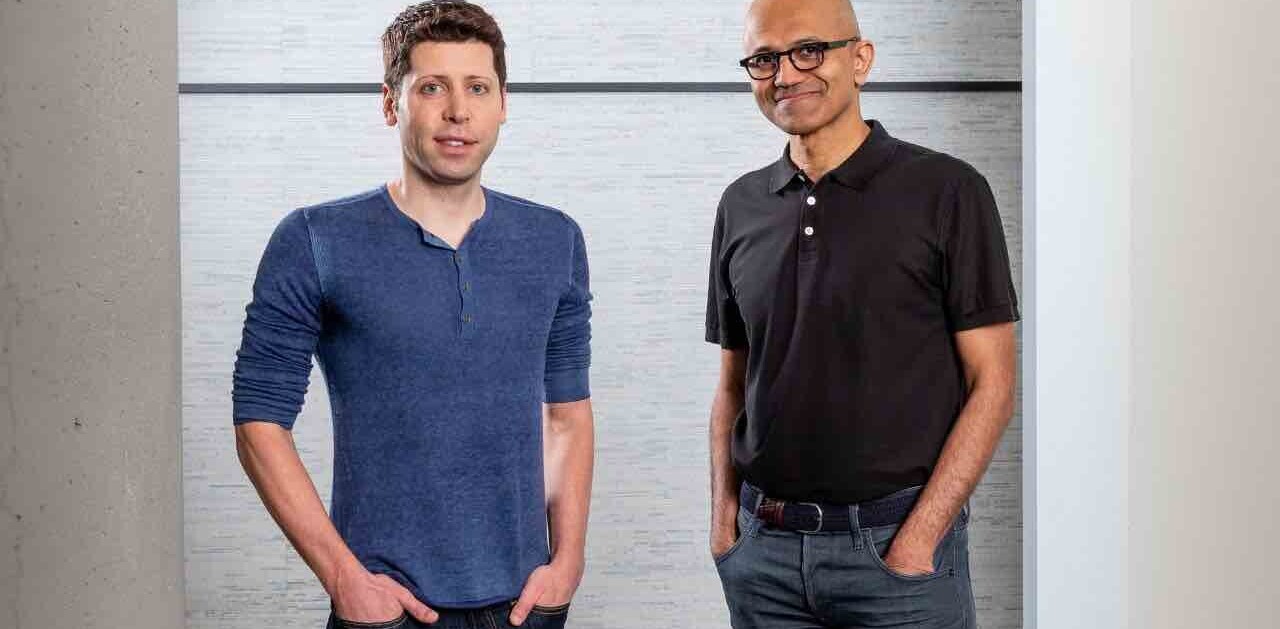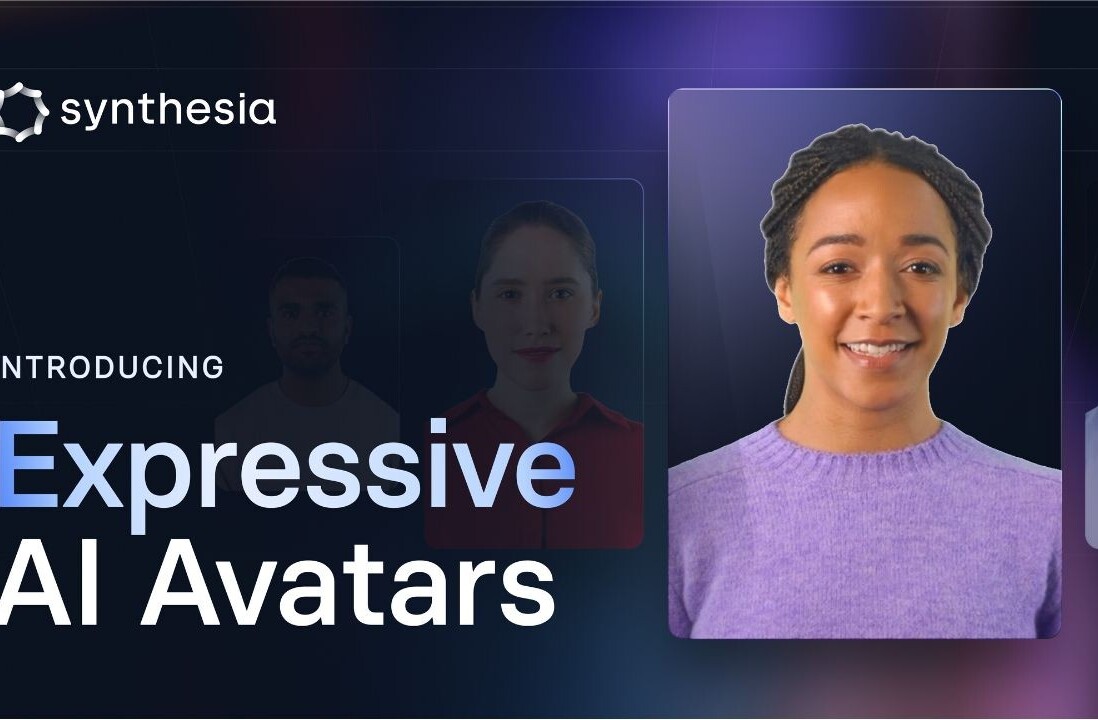
Philadelphia-based biotech company Bioquark, Inc. is seeking to awaken 20 dead people.
Bioquark has been granted ethical approval from an Institutional Review Board at the National Institutes of Health in both the United States and India to complete a clinical trial at Anupam Hospital in India.
Over a six week period, the company, through its ReAnima Project, will attempt to revive clinically dead patients — those only kept alive through use of life support — by using stem cells, nerve stimulation and other treatments.
Dr. Ira Pastor, CEO of Bioquark said:
This represents the first trial of its kind and another step towards the eventual reversal of death in our lifetime.
To undertake such a complex initiative, we are combining biologic regenerative medicine tools with other existing medical devices typically used for stimulation of the central nervous system, in patients with other severe disorders of consciousness.
We hope to see results within the first two to three months.
The trial borrows science from recent studies that have suggested some electrical activity and blood flow continues after brain cell death, but not enough for the body to continue to operate as normal.
Non-human creatures — such as fish and amphibians — on the other hand, can often mitigate some of these forms of damage through regeneration, repair or even completely remodeling portions of their brain after critical trauma.
Bioquark’s goal is to assist humans in recovering from this level of trauma by studying treatments that could essentially bring the dead back to life — the sort of move that pretty much provided the plot line for most modern zombie flicks.
Seriously, what could go wrong?
via Popular Science
Get the TNW newsletter
Get the most important tech news in your inbox each week.





